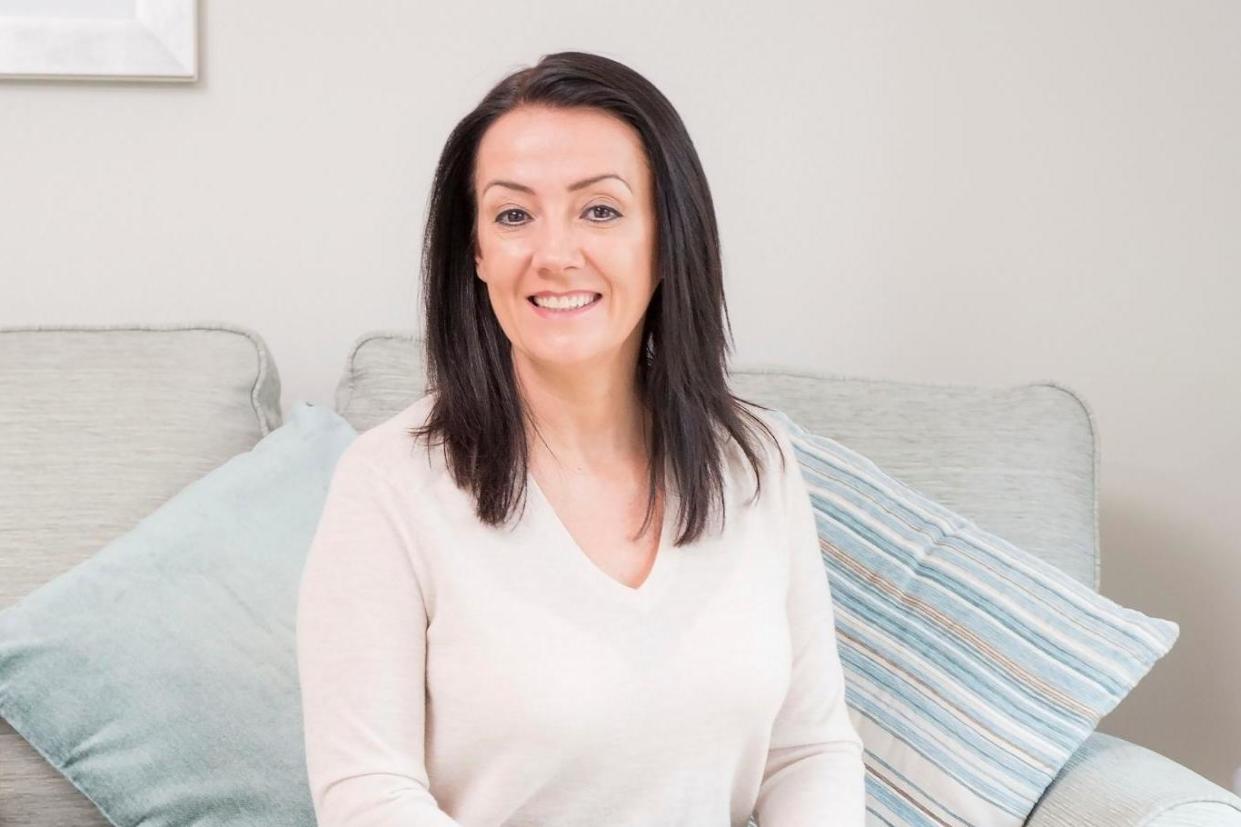Secrets of my success: Sue Fox, chief executive of M&S Bank

Sue Fox was working on Wall Street before coming back to Britain at the onset of the financial crisis. She discusses how she ended up working for M&S Bank.
What do you do?
I run M&S Bank, which operates as a joint venture between HSBC and Marks & Spencer. However, M&S Bank has its own banking licence and its own board. I’m responsible for leading the business and the strategy, but it’s not just about business results, it’s about creating an environment for our 2000 staff to thrive. Running a bank has lots of requirements in terms of the development of new products and propositions, and adhering to governance. I also do a lot of work getting insight into what our customers want.
What are the challenges?
M&S has been in financial services for over 30 years but the bank only formed in 2012. We are still a relatively new challenger bank. At the same time the industry is changing so quickly, so you have to anticipate the changes customers will want.
What do you enjoy?
I’ve been here since joining from HSBC in 2014 and have enjoyed seeing the bank transform. We’ve launched our first mainstream current account, which helped broaden our appeal to new audiences, as well as mortgages and improving our digital business. I also enjoy mentoring people. I joined Midland Bank (later HSBC) in 1987 when there weren’t many women at a senior level in banking and I try to help others learn from my experience.
What don’t you enjoy?
Being a female CEO in banking is still pretty rare. It’s great that gender diversity is high on everyone’s radar but it’s also disappointing it’s still an issue. We also need to drive diversity beyond gender. It’s about having different viewpoints in the boardroom so you have that richness of debate.
Your biggest break?
There have been many. I’ve always been open to new challenges and said yes, even if I might not have had the technical experience. That attitude has helped me achieve roles where I’ve visited most major cities on every continent. In 2004, I was at a crossroads and an incredible opportunity came up to work in HSBC’s retail bank division in New York. I just went for it. Although it’s a western, developed market it was a surprise that there were so many differences in culture and industry, I learnt a lot about my own resilience and adaptability.
And setback?
It’s not all been rosy. I missed out on roles I put myself forward for within HSBC two or three times and I had to use that resilience when I was unsuccessful. The financial crisis was also hard. When I was in the States, I was surprised at the mistrust people had of what was, in their eyes, our relatively small foreign bank. They would ask “are my deposits safe?” I came back to scenes of people queuing round the block at Northern Rock, and it’s taken a decade for the industry to rebuild trust here.
How’s your work-life balance?
I had my son Samuel, who’s four, when I was in my forties. Before then I didn’t have many personal commitments to balance. It was fortuitous that getting my current job, which I would have gone anywhere to do, brought me back to the North-west (I grew up in Liverpool) after 20 years away. It means my parents can help with childcare. I try to have breakfast with my son because you never know how long a day will run. Away from work, I love golf. My only golf success was at the M&S charity day at Sunningdale, where we came second. It was organised by [chief executive] Steve Rowe, which was great.
Any tips for those starting out in banking?
Challenge the status quo at first, and later remember why you joined. Try not to get caught up in policy and procedure, and remember you wanted to help customers through the key moments in their lives.

 Yahoo News
Yahoo News 
